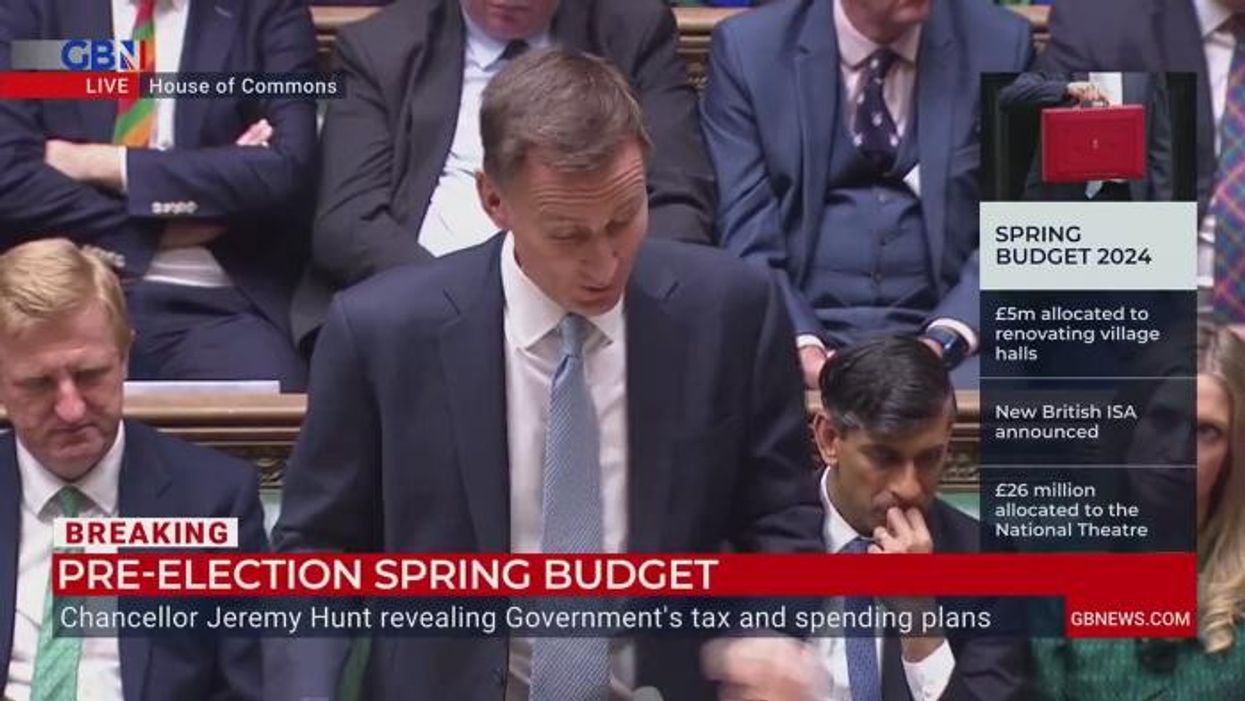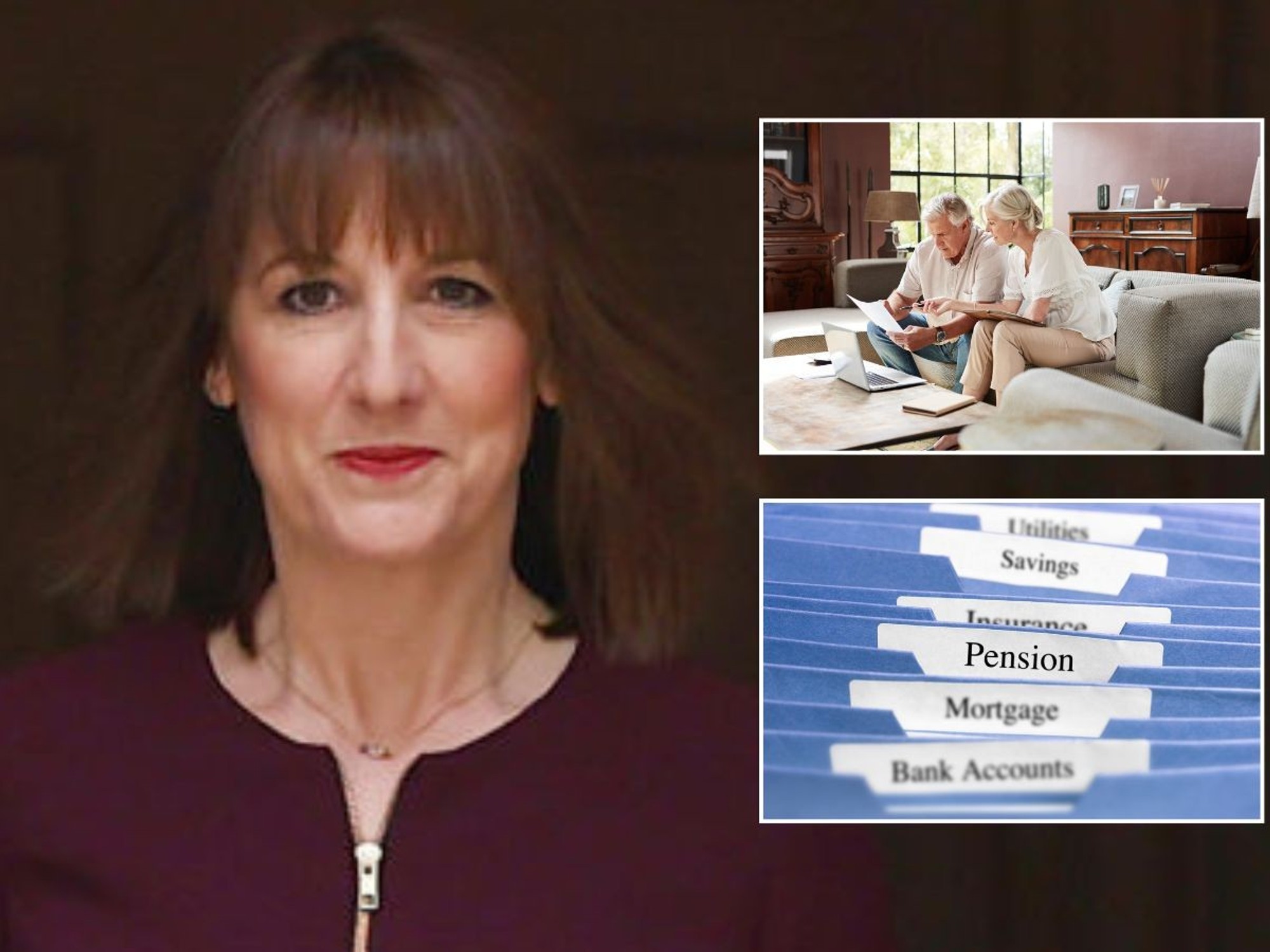Child Benefit tax rules will change next week with half a million families set to save £1,700
A tax on Child Benefit for people earning £50,000 or more was introduced from 2013
Don't Miss
Most Read
Trending on GB News
Child Benefit tax rules will change from next week, for the first time in more than a decade.
The threshold at which point people have to repay some Child Benefit in tax currently kicks in at £50,000, but this will rise to £60,000 from April 6.
It should take 170,000 families out of paying the charge altogether, the Government said.
The threshold had not increased since the High Income Child Benefit tax Charge (HICBC) was introduced in 2013, meaning more families have been dragged into paying the charge amid inflation and rising wages.
Those affected will be charged one per cent of Child Benefit for every £200 of income exceeding £60,000.
The taper on the charge will also change, meaning the cut-off at which point Child Benefit is entirely lost to the tax will rise from £60,000 to £80,000.
Do you have a money story you'd like to share? Get in touch by emailing money@gbnews.uk.
It means in households where a person has an individual income of more than £60,000 but less than £80,000, it could still be financially beneficial to claim Child Benefit.
The change to the threshold and taper will see nearly half a million families with children save an average of around £1,300 next year, according to the Government.
Chancellor Jeremy Hunt announced the uprating to the threshold in the Spring Budget 2024 earlier this month to make the system “fairer” as he promised major changes to the system in due course.
He said the current system, which applies to individual income rather than household income, was “unfair” as single parent families on £50,000 are taxed yet dual income households could earn a combined income of £99,999 without being affected.
The Chancellor said ending the “unfairness” would require “significant reform” to the tax system, including allowing HMRC to collect household level information.
He said the Government would therefore consult on moving the HICBC to a household-based system, to be introduced by April 2026.
Parents or guardians who opt to waive Child Benefit due to it being lost through the tax should make sure they still claim any National Insurance credits they’re entitled to, as this can affect state pension entitlement.
A person who gets Child Benefit for a child under 12 will automatically get National Insurance credits.
If the claimant doesn’t need the National Insurance credits, it may be family members could get them instead.
This could be done by transferring them to a spouse or partner, or if a a relative who cares for the child applies for Specified Adult Childcare credits.
LATEST DEVELOPMENTS:

The Child Benefit tax threshold will change from April 6
GETTY
Mike Ambery, Retirement Savings Director at Standard Life, part of Phoenix Group said the HICBC changes were "welcome news".
He said: “The tax system is awash with cliff edges and tapers which not only create a great deal of complexity but also disadvantage certain groups of people. Chief among these is the High Income Child Benefit Charge."
Mr Ambery added: "Taking account of joint household income is a common sense approach which will ensure those households with two incomes of up to £100,000 aren’t given preferential treatment over those with one earner whose income is just over £50,000.
"In the interim, raising the threshold to £60,000 will help. Child Benefit can be worth thousands of pounds a year to some families and today’s move could make a real difference in those household where budget are tight after two years of rising prices.”









